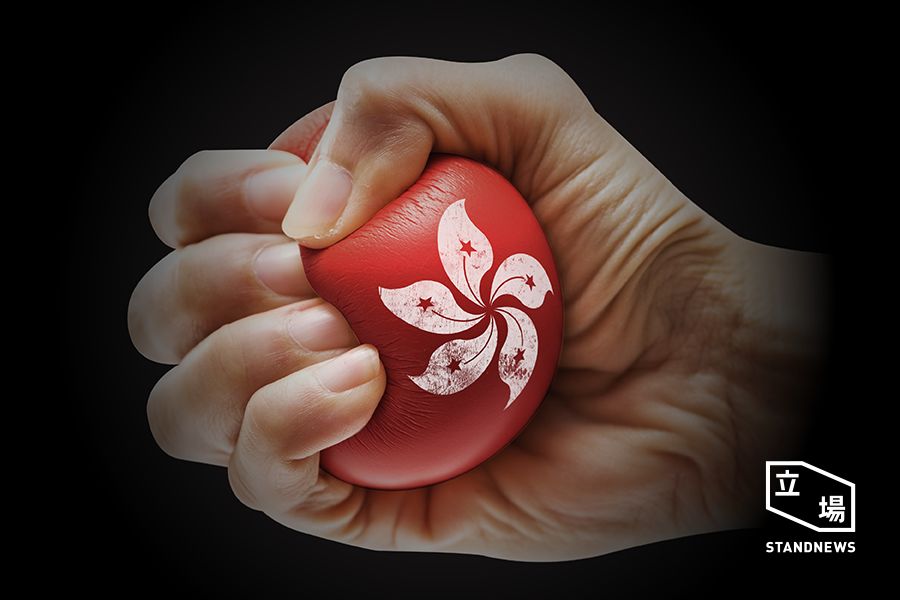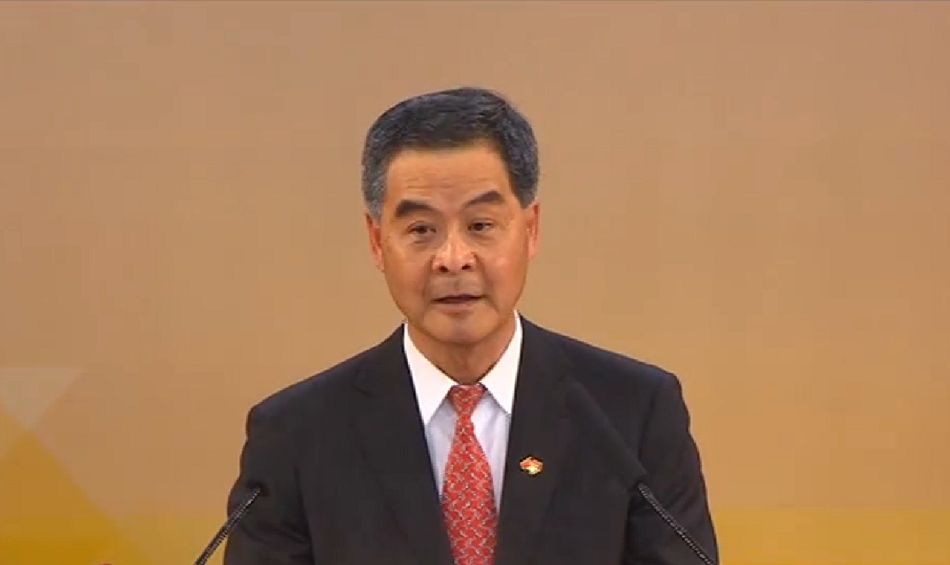Discussions of the reasons for the Mong Kok riot are now well underway. HowardWinnReports.com views it as another bleak expression of frustration with the current social and political conditions in Hong Kong, which should have come as no great surprise.

Indeed, a threat assessment in October 2014 by the specialist risk consultancy Steve Vickers and Associates noted that “Some small scale violent actions may possibly be taken by splinter groups…”
However, the ferocity of the violence resulting in the high number of injured was a surprise. But after listening to the views of former senior police officers and complaints from junior police officers after the riot, it appears that some of the violence could have been less intense with better leadership and deployment of the police. Poor intelligence and leadership resulted in some police officers being unnecessarily exposed to dangerous situations.
Sources within the police force indicate that some senior officers were aware of the potential for trouble in Mong Kok over Chinese New Year but their concerns fell on deaf ears. As a result, the police were not in a state of readiness to deal with a riot and were not deployed with sufficient assertiveness or the right equipment.
This led to more close-quarter action than might otherwise have occurred, resulting in more violence and injuries. Tear gas for example would have helped to keep some distance between the police and protesters. But the police are apparently reluctant to use it given the criticism the police endured when it was used at the outset of the Occupy protest.
That said the police were obviously not responsible for the riot and it is clear that members of Hong Kong Indigenous and Civic Passion were looking to exploit the discontent of the unlicensed hawkers.
Research into riots elsewhere shows that once they get going people join in for all sorts of motives whether political, general discontent, or the thrill of violence. Mong Kok is a fertile breeding ground for all these elements.

Some observers have said Benny Tai, an associate professor with the Law Faculty at the University of Hong Kong and other academics should bear some of the responsibility for the riot for introducing the idea of civil disobedience that informed the Occupy protest. Even though the academics advocated non-violence, critics have argued that it was eventually bound to lead to violence.
But this seems to be a case of shooting the messenger. Benny Tai and his associates were not the source of the discontent that prompted people to protest. That was fuelled by disappointment with the Hong Kong and Central governments over the impasse we have arrived at over constitutional reform.
For many people the “tipping point” was the lack of flexibility shown by the Standing Committee of the National People’s Congress on August 31, 2014, over the voting arrangements for the 2017 chief executive elections. Beijing’s intransigence dismayed even pro-Beijing supporters in Hong Kong.
This more than anything else set up the Occupy protest. People saw then that universal suffrage as generally understood was not going to be granted to Hong Kong despite the promises made in the Sino British Joint Declaration, the Basic Law and subsequent comments.
The occupy protest did not achieve its aims and in the aftermath the central government has remained resolute that the current arrangements for electing the chief executive will remain in force. Most people have responded with weary resignation and got on with their lives while a small minority has reacted with violence to attract attention.
The central government’s verdict on the riot came from Zhang Xiaoming, director of the central government’s Liaison Office, in Hong Kong. He said the participants in the riot were “radical separatists” who were “inclined towards terrorism”.

They can hardly be called terrorists but there is some measure of truth in Zhang’s characterisation of those that instigated the riot. Civic Passion and Hong Kong Indigenous don’t want to be part of mainland and go so far as to demand self-determination for Hong Kong.
While many people in Hong Kong may agree with their concerns over mainlandisation, they disagree with their methods as evidenced by the scores of letters of support received by the police after the riot.
Many people again may be wondering what the fuss is all about. Hong Kong is in so many ways “freer” than mainland China, and a lot more agreeable than many places in the in the world with elected governments.
For many expatriates, Hong Kong Chinese professionals and tycoons, Hong Kong with its low taxes remains an enjoyable place to make and retain money. But should the central government become too heavy-handed they can leave and return to their home countries or utilise their second passports.
This is not an option for most people.For them the fear is that life as they know it is eventually going to swept away by “mainlandisation” in all its various forms.
Mainland companies are taking over swathes of Hong Kong business and mainlanders are taking over their jobs. In addition the central government wants to take over the way Hong Kong youth think about the world and China by tinkering with the universities and school curriculum. Hongkongers worry about how long their language, both spoken and written, will survive.
Institutions such as the press, the law and the justice system are under threat. There is also concern that one country two systems is not being adhered to. To add to their frustrations, they are stuck with a rigged system to elect the chief executive who is supposed to represent their interests.

Hong Kong’s way of life was supposed to remain in place for 50 years after the 1997 handover under the system of one country two systems. When the Basic Law was agreed in 1990 – one year after the Tiananmen protests and their brutal suppression – the Chinese leadership was on the back foot. They agreed to arrangements that were to come into effect long after they left the political stage.
Ultimately they agreed to something that they were not able to deliver. There is no way the current central government could agree to the popular election of a leader in Hong Kong. This would risk pressure from other parts of China for popular elections, something the Communist Party is unwilling to countenance.
The Chinese leadership has never had a meaningful popular election. It seized power by violence and maintains power through its monopoly on violence. A Hong Kong leader elected by popular vote would be the only leader in China who could truly claim to be representative. This would immediately make this person ‘unreliable’ in the eyes of Beijing.
What the Communist Party wants is someone who is totally beholden to them – which is why CY Leung is such a good fit. It wants to rig the elections in Hong Kong to get an outcome that suits it even though this is never going to satisfy the bulk of Hong Kong people.

The Communist Party has at various times in the past engaged in tortuous discussions over what kind of political system would work in China. Leaders such as Hu Yaobang and Zhao Ziyang have questioned whether the Communist Party should remain an authoritarian party for ever, and suggested it should be more open and subject to the rule of law.
But times have changed and the pendulum has swung sharply in the other direction. Indeed, Hong Kong couldn’t have picked a worse time for seeking universal suffrage than now. China under Xi Jinping is in the midst of the biggest crackdown on lawyers, dissidents and media since the the aftermath of the Tiananmen protests. Xi faces problems with the economy, the South China Sea, and the East China Sea. Taiwan is moving ever further away.
The issues buffeting Hong Kong are unlikely to be resolved any time soon, and so there are likely to be more of these kind of protests, which will be met by firmer policing.
The riot has played into the hands of the Hong Kong and Central governments. It has given them a pretext for tightening their control over Hong Kong and at the same time will have made many people, appalled by the scenes of violence on their TVs, more tolerant of these measures.
In other words, it will speed up the process that the instigators of the riot — Hong Kong Indigenous and Civic Passion – were trying to resist.
